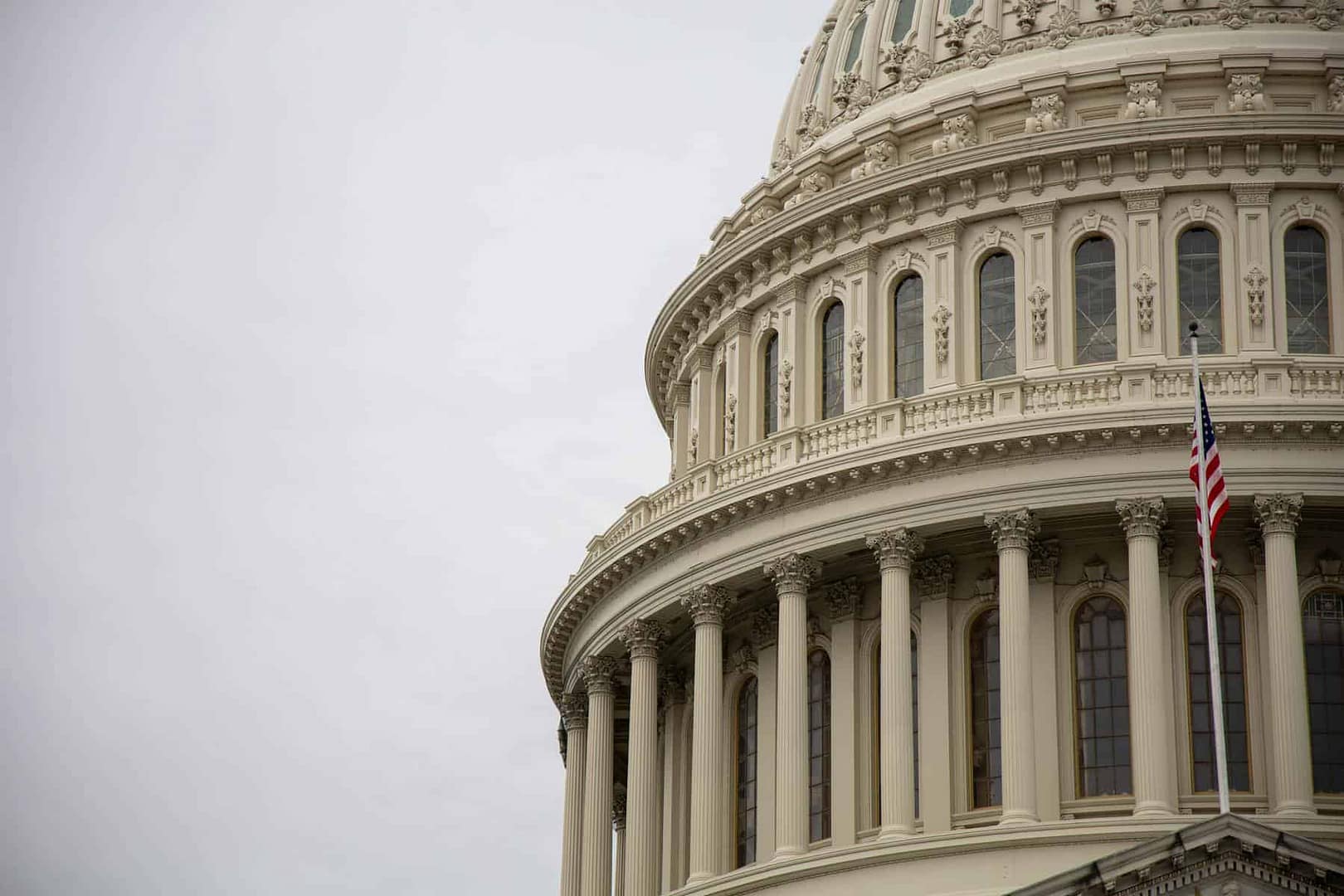On Wednesday, March 25, 2020, the Senate agreed to a $2 trillion relief package designed to address the immediate, staggering effects of the COVID-19 pandemic on the United States. The stimulus package, dubbed the Coronavirus Aid, Relief and Economic Security (CARES) Act, was voted on and passed by the House of Representatives on Friday, March 27. President Trump signed the Act into law shortly after the House vote.
The CARES Act provides a significant cash infusion to hospitals and offers broader access to COVID-19 testing to individuals. The Act provides additional relief in the form of individual rebates, small business loans, expanded unemployment benefits, and a variety of tax breaks. It also includes provisions impacting defined contribution plans, defined benefit plans, and individual retirement accounts (IRAs), allowing increased and earlier access to retirement plan funds. Below are the key provisions affecting retirement plans:




